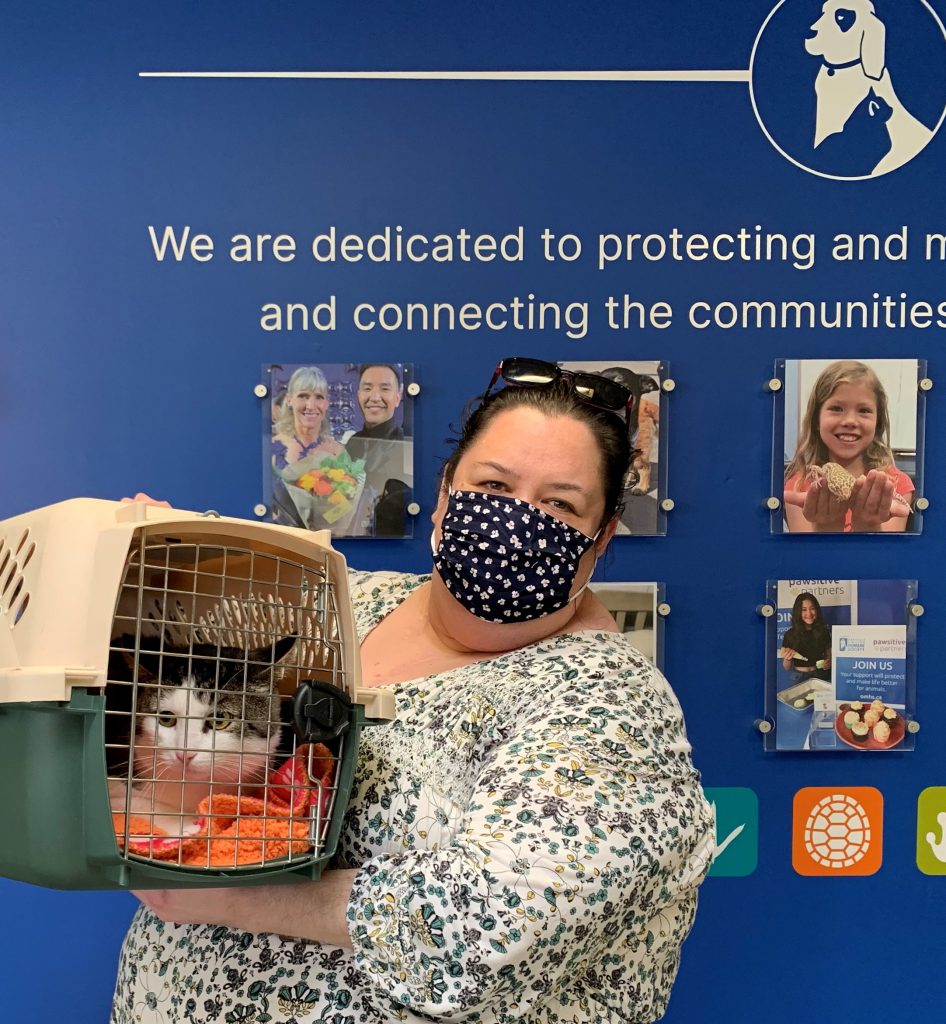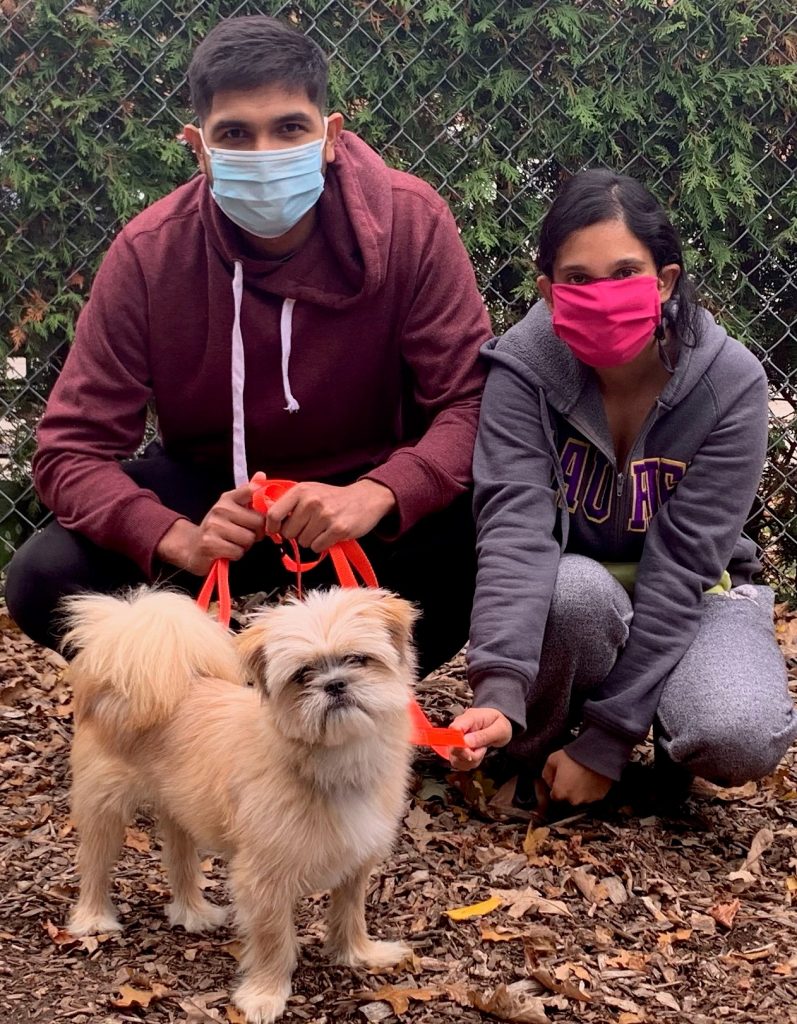
It can be such an incredible feeling to discover the perfect pet for your family. However, in order to make the best match there are many things to consider. It's important you make the time to carefully consider your options and needs, after all, you will likely have that new family member for many years!
The following are some general things to consider when you are adopting from our shelter:
- You are making an incredible difference in the life of the animal you have just adopted. Thank you so much for giving a shelter animal a second chance.
- Be honest with yourself and the shelter staff about the characteristics you want in your pet and let them guide you in your choice.
- If you do not have a veterinarian, please take the time to find a clinic. Your pet is going to need one for preventatives like vaccines and for medical attention when he/she is sick or injured. They are also a great resource. For more adoptions tips please click here
- Owning a pet is costly and if your pet becomes sick or injured, it can be very expensive. When you adopt your pet, most shelters provide a few weeks of pet insurance. Pet insurance helps to make veterinary care affordable. Research and find the plan that is right for you.
- Make sure that your pet is always wearing identification. If your pet does go missing, report them missing to your local shelter as soon as possible. When you first bring your pet home, it is a risky time. If they get lost, they are unfamiliar with the neighborhood and their new home. They may not approach anyone, including you.
- If the pet is eating a special diet or is on medication, check with your veterinarian before making any changes. For dogs and cats with allergies, even a tiny table scrap can mean itchy, oozing skin within a very short amount of time.
- Many of the animals that come to the shelter have not had a lot of positive experiences with people. It is going to take them some time to settle in and realize you are not going anywhere, and good things are going to happen. Remember that from the animal’s perspective, the last person just disappeared one day. Plan on nurturing your relationship over the next six months.
- Be prepared to be tested. Do not expect perfection right away. Offer time, patience, understanding and structure, and you will build the relationship you want.
- Sit down with the family and determine the house rules. Everyone should know the rules and help your new family addition learn to follow them. It is hard for the animal to make the right choice if the rules are always changing. Consistency is important.
- Set the pet up for success. Put away chewable items. Teach them to stay in a crate or area of the house calmly when you leave the house. Think of this area as the pet’s room or special place where only good things happen. Teach them that this place is a wonderful place to be and they will learn to love being there when you cannot be with them.
- Assume, if you are bringing home a dog, that they are not house trained. Dogs love to learn new things so consider signing up for a dog training course. They are fun and working together as a team helps to strengthen the relationship. If you need some help, connect with the shelter or your trainer. They can provide you with great support materials. In the case of cats, it is helpful to have two litter pans and make sure to clean them daily.
- Keep things quiet for the first week. There will be lots of time to introduce the new dog or cat to family and friends.
- If you are bringing home a dog and there is a resident dog, take both dogs for a nice long walk before entering the house. Supervise the interactions between the dogs until you are certain that they are getting along well. For the first little while, separate the dogs when you go out.
- Dogs love to learn new things. Consider signing up for a dog training course. They are fun and working together as a team helps to strengthen the relationship.
- If there are other pets in the home, feed them separately and remember not all pets are comfortable sharing.
- Make sure you pay lots of attention to the existing pets and do not spend all your time with the new pet. It is really tempting to do this, but it may result in some behavioral problems down the road.
- Integrate other pets slowly. For cats, keep them separated for a minimum of ten days. Most cats take longer to adjust to change so this gives the resident cat(s) time to get used to having another cat or dog without having to deal with them directly. The resident cat should have a room to get away from a new dog and if you are adding a cat, the new cat can stay in a separate room for the first couple of weeks while everyone adjusts.
Shelter pets are the most amazing animals. You will not regret your decision to adopt!

